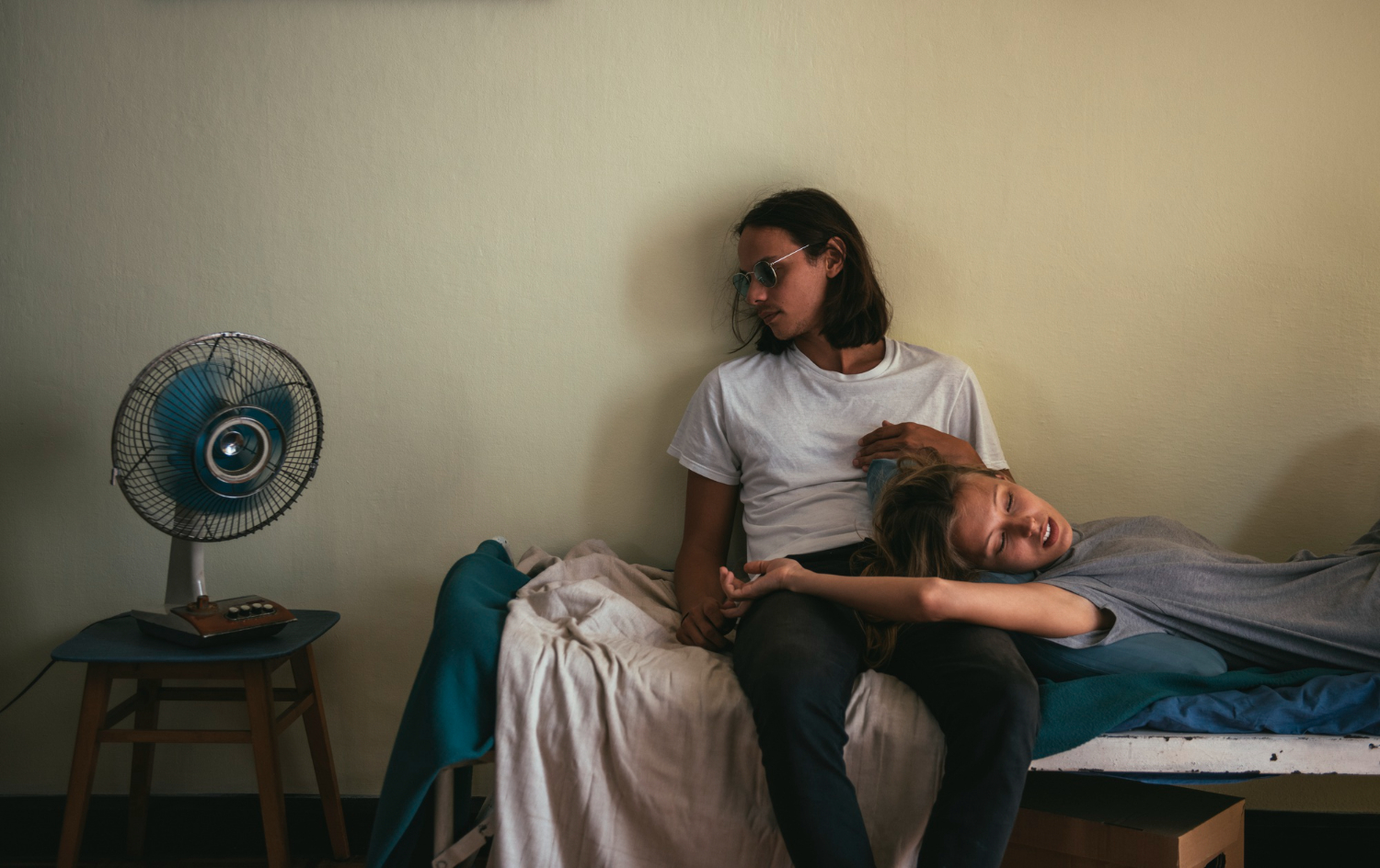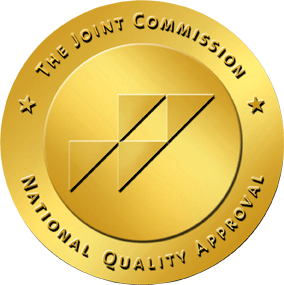Bipolar disorder is a complex mental health condition that affects mood, energy, and the ability to function. While hospitalization is sometimes necessary in crises, many individuals benefit from treatment options that allow them to maintain their independence and continue engaging with daily responsibilities. One of the most effective alternatives is an Intensive Outpatient Program (IOP).
IOP provides a structured and supportive approach to bipolar disorder management without requiring a hospital stay. For those seeking help in Miami, programs like the ones offered at Improving Lives Now deliver targeted care tailored to individual needs.

Understanding Intensive Outpatient Programs (IOPs)
To grasp how IOPs support bipolar disorder, it helps to understand what this level of care involves.
Intensive Outpatient Programs are designed for individuals who need more support than traditional therapy provides but do not require inpatient hospitalization. They typically include several therapy sessions per week, incorporating a mix of group therapy, individual counseling, psychiatric oversight, and educational components. This allows clients to build coping skills, process emotions, and receive professional guidance while continuing with work, school, or home responsibilities.
IOPs bridge the gap between full-time inpatient care and once-weekly outpatient therapy. This model can be particularly effective for mood disorders like bipolar disorder, where ongoing support and close monitoring are essential.
Bipolar Disorder: Challenges and Support Needs
Bipolar disorder involves recurring episodes of mania and depression, each of which can deeply impact daily life. Managing this condition requires a comprehensive plan that addresses both mood stabilization and lifestyle support.
Common challenges include:
- Difficulty maintaining medication adherence
- Disrupted sleep patterns and energy levels
- Impulsivity or risk-taking behavior during manic episodes
- Feelings of hopelessness or disconnection during depressive periods
- Co-occurring conditions such as substance use or anxiety
An IOP for bipolar disorder is uniquely suited to address these multifaceted concerns through structured intervention, therapeutic support, and skills training.
How IOPs Help Manage Bipolar Disorder Without Hospitalization
For individuals seeking stability and support outside of a hospital setting, IOPs offer several core benefits.
1. Structured, Consistent Support
IOPs provide predictable routines and scheduled sessions multiple times per week. This regular contact can help stabilize mood and reduce the risk of relapse. Group therapy and individual sessions offer space to discuss experiences, identify patterns, and build resilience.
2. Access to Psychiatric Oversight
Effective bipolar disorder management often includes medication. IOPs typically incorporate psychiatric support to monitor symptoms, manage side effects, and adjust medications when needed. This ongoing oversight ensures continuity in treatment.
3. Therapeutic Skills Development
IOPs often integrate evidence-based approaches, such as Cognitive Behavioral Therapy (CBT) and Dialectical Behavior Therapy (DBT), which help individuals understand their thoughts, manage intense emotions, and develop healthier behavioral patterns.
4. Involvement of Family and Social Support
Relationships play a significant role in recovery. Family therapy sessions help clients and their loved ones communicate more effectively, resolve conflicts, and develop effective strategies for support. Improving Lives Now offers dedicated Family Therapy to promote healing within the family system.
5. Integrated Treatment for Co-occurring Conditions
Many individuals with bipolar disorder also experience other mental health concerns such as anxiety, depression, or substance use. IOPs can incorporate services like:
- Individual Psychotherapy in Miami for one-on-one counseling
- Substance Abuse Group Therapy in Miami for those navigating addiction
- Anxiety & Depression Support in Miami to address overlapping symptoms
This integrative model ensures clients receive comprehensive care tailored to their unique experiences.
Personalized Care for Long-Term Stability
No two individuals experience bipolar disorder in the same way. This condition can present differently based on biology, environment, and personal history. That is why individualized treatment is essential.
At Improving Lives Now, clients in the IOP program engage in Individual Psychotherapy sessions to address personal goals, build insight, and work through emotional challenges. This personalized support helps clients develop tools to manage triggers, set healthy boundaries, and create plans for maintaining stability.

Complementary Services That Support IOP Progress
Successful bipolar disorder management often involves more than just therapy. Many clients benefit from additional services that help them achieve balance in daily life.
Professional Life Coaching in Miami
This service supports clients in setting goals, building routines, and creating accountability. Life coaching can help manage the practical aspects of living with bipolar disorder, including career planning, time management, and stress reduction.
Partial Hospitalization Program (PHP)
For individuals who need a higher level of care before transitioning to IOP, a PHP may be appropriate. PHPs involve more intensive treatment and can help stabilize symptoms before stepping down to IOP care. Improving Lives Now offers both PHP and IOP programs for continuity.
Flexible Options: Teletherapy IOP Services
Convenience and accessibility are critical when managing a long-term condition like bipolar disorder. Teletherapy allows clients to receive structured care from home, eliminating transportation barriers and offering greater flexibility.
Improving Lives Now provides teletherapy options for clients enrolled in the IOP program. This format maintains the structure and therapeutic quality of in-person sessions while supporting participation from a comfortable, familiar environment.
Clients receive the same level of engagement and support through virtual sessions, making it easier to balance treatment with other responsibilities.
Why Choose Improving Lives Now in Miami
Improving Lives Now offers expert-led, compassionate care for individuals managing bipolar disorder. The team’s experience with IOPs, PHPs, and comprehensive therapeutic services creates a holistic healing environment.
Each program is tailored to support the emotional, psychological, and practical needs of clients. The clinical team collaborates closely with clients to ensure continuity in care, personalized support, and progress tracking.
For those seeking a path forward without hospitalization, the IOP at Improving Lives Now provides a structured, research-backed framework for recovery and growth.
Start Your Journey Toward Stability and Wellness
Bipolar disorder does not have to control your life. With the right treatment and support, long-term stability is within reach. The Intensive Outpatient Program at Improving Lives Now in Miami offers structured, flexible care designed to help you manage your symptoms, build coping strategies, and reconnect with your goals.
Whether navigating mood swings, medication challenges, or co-occurring conditions, our experienced team is ready to help you take the next step. Benefit from services like individual therapy, family support, life coaching, and teletherapy options—all under one compassionate umbrella.
Reach out to Improving Lives Now today to begin your personalized treatment journey. Call (305) 280-1440.
Frequently Asked Questions (FAQs)
- Can I use IOP if I have previously been hospitalized for bipolar disorder?
Yes. IOP can serve as a step-down program after hospitalization, offering continued care and support in a less restrictive environment. - Is teletherapy as effective as in-person IOP sessions?
Teletherapy has been shown to be highly effective for many individuals. It offers flexibility without sacrificing the quality of care. - How often are IOP sessions scheduled?
Most IOPs involve 3 to 5 sessions per week, depending on individual needs and progress. - What if I have both bipolar disorder and a substance use issue?
Improving Lives Now offers integrated care through Individual Substance Abuse Counseling in Miami and group therapy options to address co-occurring disorders. - Can family members be involved in my treatment?
Yes. Family Therapy is encouraged and available to support improved communication, understanding, and emotional support at home.





